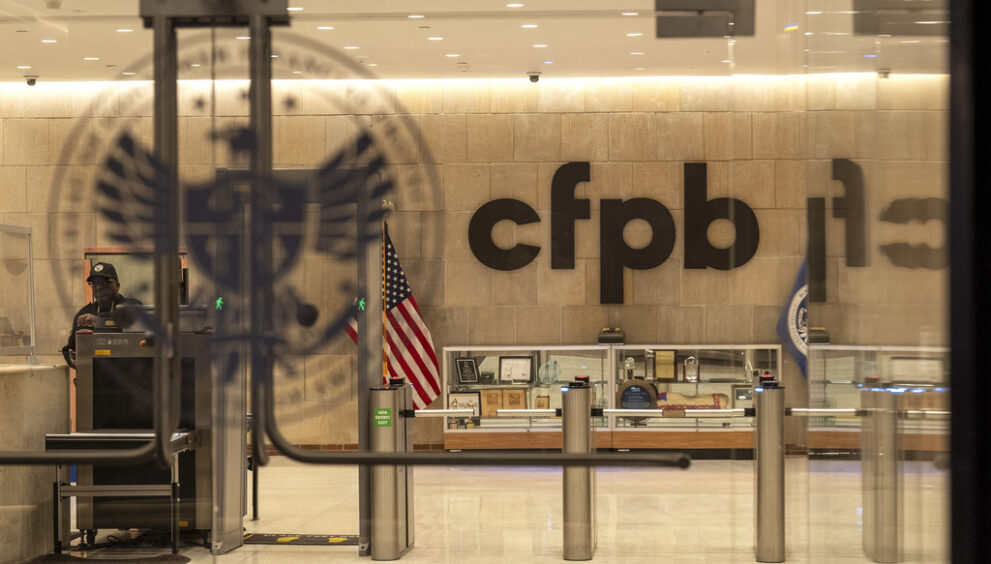The Role of Consumer Financial Protection Bureau Versus the Courts

President Trump is currently working on dismantling the Consumer Financial Protection Bureau, including dropping several cases initiated by the agency under Joe Biden’s presidency. The agency’s main objective is to safeguard consumers from deceitful practices in the financial sector.
There are concerns about who will aid consumers if the CFPB ceases to exist. The solution is readily available through legal resources, as there is a substantial number of attorneys available for assistance. The presence of the CFPB, although relatively new, does not negate the effectiveness of the legal system in protecting consumer rights.
Critics may question the credibility of private attorneys, but they serve as efficient watchdogs in the marketplace. In comparison to establishing more government agencies, private lawyers are a reliable alternative.
One significant case dropped by Trump against Capital One for dubious practices with high-yield savings accounts is already being pursued by private litigators. The data indicates that private lawyers are more successful in pursuing wrongdoers compared to government agencies. Their profit-driven motives ensure diligent enforcement of justice without political influence.
Relying on private lawyers to scrutinize the market has been instrumental in America’s economic success. Unlike Europe, where stringent government control hampers innovation, America allows businesses to operate freely and addresses issues through lawsuits post-mistakes. Although private lawyers have limitations, the existing government infrastructure, including state attorneys general, proves to be adequate without the need for an additional CFPB.
Brian Fitzpatrick serves as the Milton R. Underwood Chair in Free Enterprise and Professor of Law at Vanderbilt Law School. He emphasizes the importance of private lawyers in maintaining a fair marketplace, highlighting their unique advantages over governmental entities.






















































































































































































































































































































































































































































































































































































































































































































































































































































































































































































































































































































































































































































































































































































































































































































































































































































































































































































































































































































































































































































































































































































































































































































































































































































































































































































































































































































































